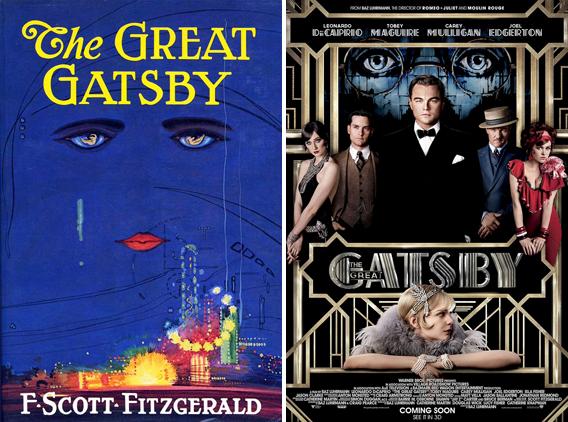
Classics- you may love them, you may hate them but you can’t ignore them. Some of us may go ahead and proclaim like Cliff Fadiman, that classics help us discover something new in ourselves, while the rest of us may just end up ridiculing them, but each one of us has braved an encounter with these classics either to emerge triumphant with knowledge on literature, or end up bogged down by futile attempts to decipher meaning from the depths of the flowery grammar, in which these texts are written.
Right from the time when we entered our teens, we were made to believe that the only way we were going to acquire an impressive vocabulary, was by shunning those Lord Of The Rings and Harry Potters, and integrating various books by Jane Austen (mainly the girls) and Jules Verne, among others, into our lives. Reading classics was a mark of intellectuality, which everyone wanted to achieve, and classics were collected by each of us. We tried reading them, and were successful in completing the books sometimes (even enjoying them), whereas at other times we left them somewhere in between, bewildered at the archaic text before us. We wondered what compelled our parents to actually enjoy these books during their youth- what great force existed, which made them identify with Austen, Brontë, Shakespeare, Verne and the likes, and enjoy their books.
The difference may lie in the fact that there existed some form of innocence, ambition and virtue back then- some sort of a value system that somehow made our parents click with these books, but because of changing tastes and opinions, simpering maids in tight corsets, battling with the idea of acting like dainty ladies and looking for suitable bride-grooms, don’t curry much favor with people like us, who battle the odds to forge an identity for ourselves in the big bad world. Another possible fatal flaw of classics could be that the constant dawdling in these books, because of which ideas that can be conveyed in one line end up being conveyed in one whole chapter!!! Or, it could simply be due to the rise in people who look at writing as a full-time or even part time profession now. With Indian writers like Chetan Bhagat, Anuja Chauhan and Ravi Subramanian, who write about the urban Indian in metros and small towns, catering to the fancies of the youth, the well-meaning classics get ignored. In fact, if these books can manage to outdo books by internationally acclaimed Indian writers like Vikram Seth and Arundhati Roy, on the business front, then they can easily replace hard-core classics in lives of the fast paced Indian youth.
The focus is now shifting from old world charm of good literature to the instant razzmatazz of easy-to-read books, which replicate the emotions and aspirations of the common Indian. Thus, these books prove to be great stress-busters, which can be read on the move, as opposed to classics, which unlike the former instant coffee books of today, possess a good storyline, but require a great degree of patience to be read. As a result, the only time we actually read classics is limited to abridged versions of classics that we had read as kids during primary school, and the free e-books (which are mainly classics) available widely.
However, classics have and never shall be completely lost into oblivion, because of the numerous retellings of these tales through the medium of films and TV shows. Many books like Pride and Prejudice and the Sherlock Holmes novels have been adapted into both films and television shows, which have garnered rave reviews, and have kept the iconic characters and their stories etched clearly in our minds. The films and television shows not only provide a source of entertainment and link to classic novels, but also help generate interest in actually reading the novel.
Thereby, I’d just like to conclude by saying that although reading classics may become more cumbersome with coming times, but the enthralling stories shall continue to live on in some form or the other, and one day we shall begin to appreciate these novels again, as we once used to.


































